City of Crows
Picador, $32.99 pb, 374 pp, 9781760551100
City of Crows by Chris Womersley
Every Chris Womersley novel represents a significant departure from the last. Following his award-winning and magnificently dark début, The Low Road (2007), and his Miles Franklin shortlisted Bereft (2010), and Cairo (2013), City of Crows is his first novel set entirely outside Australia. An acutely crafted historical fiction, it is set in France in 1673 during the reign of Louis XIV.
The title refers to a common period name for Paris, although the novel begins outside the city. This movement from the countryside to the metropolis reflects the early structure of the narrative, but also differences in the way that witchcraft was performed between city and country, particularly by the novel’s two protagonists: the peasant Charlotte Picot and the opportunist magician Monsieur Lesage.
Continue reading for only $10 per month. Subscribe and gain full access to Australian Book Review. Already a subscriber? Sign in. If you need assistance, feel free to contact us.



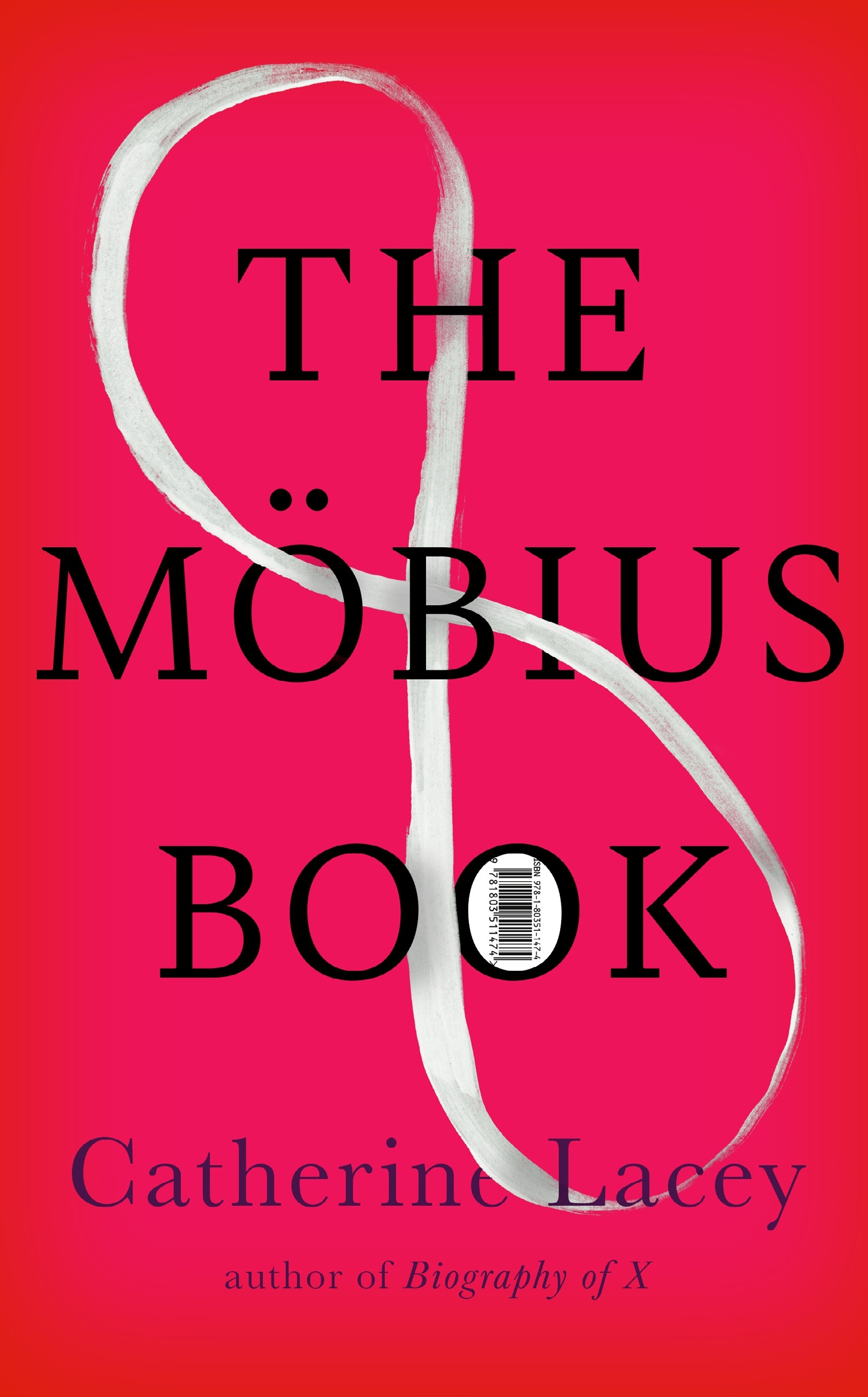

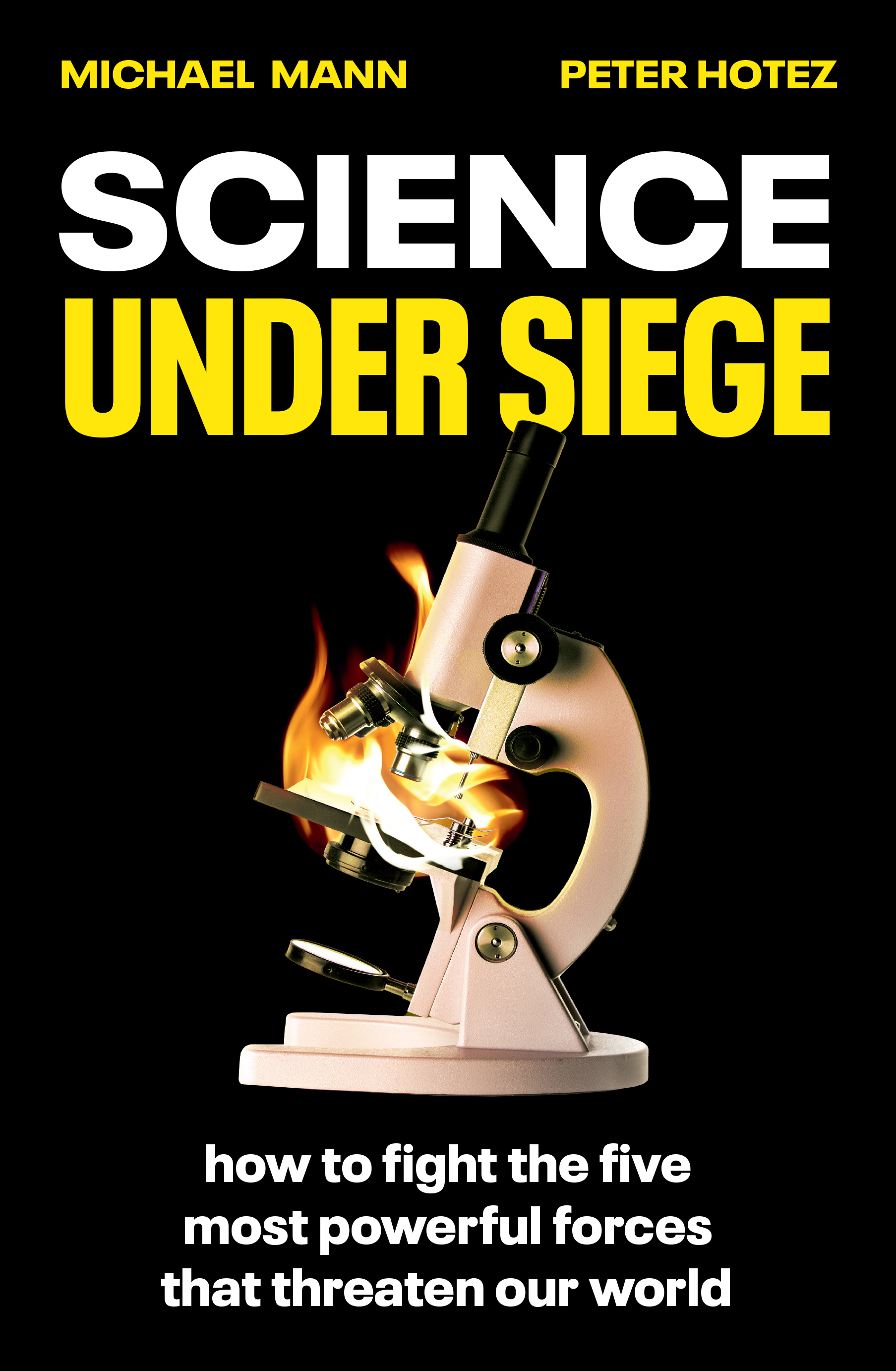
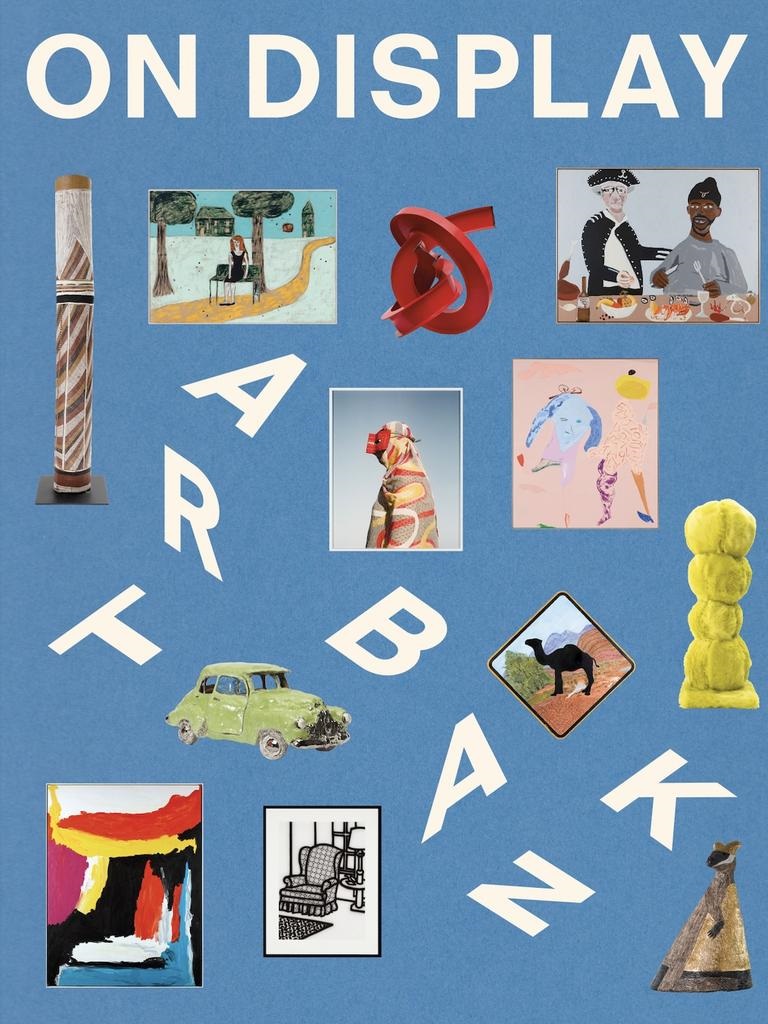


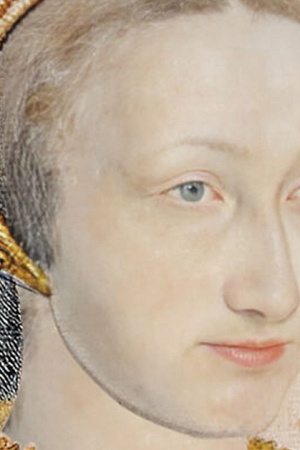
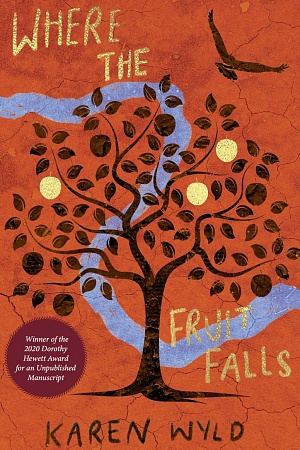
Leave a comment
If you are an ABR subscriber, you will need to sign in to post a comment.
If you have forgotten your sign in details, or if you receive an error message when trying to submit your comment, please email your comment (and the name of the article to which it relates) to ABR Comments. We will review your comment and, subject to approval, we will post it under your name.
Please note that all comments must be approved by ABR and comply with our Terms & Conditions.